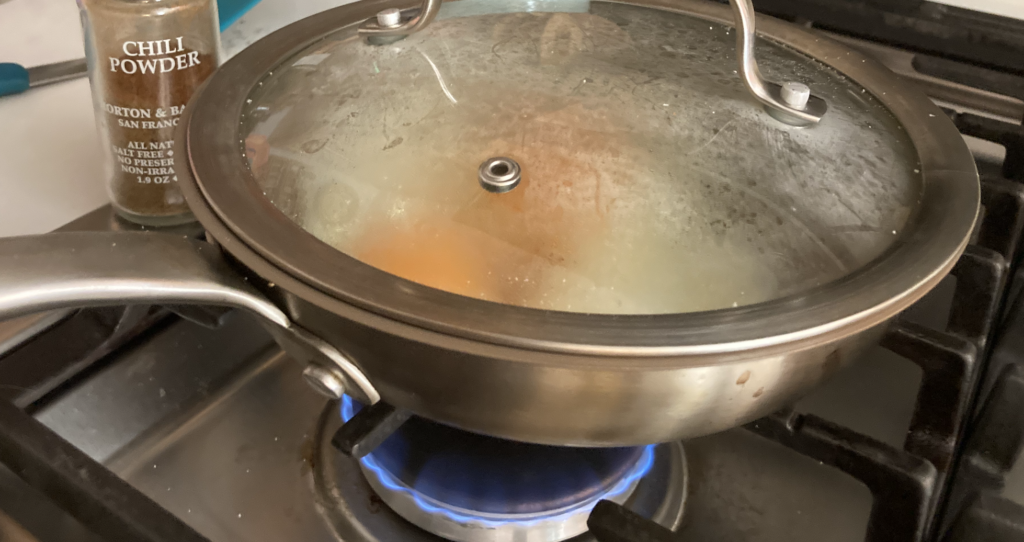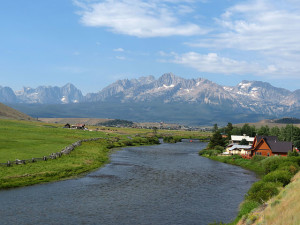In 1976 I was in Mr Rehmeyer’s fourth grade class. I guess he was around 35 then, so born sometime around 1940. It’s something to think about, all those teachers from that time who are likely 70, 80, 90 years old now if they are still with us.
Mrs. Brown had been my excellent 3rd grade teacher. She was from San Francisco, and I think that was the first time I really heard or thought about the idea of the Bay Area, where I ended up making my home for the last gazillion years. She was sweet and warm, and that’s likely part of what I always associate brown bobbed hair with kindness. So if you have brown bobbed hair, don’t be mean to me. It will mess me up.
Mrs. Brown liked me, but she liked everyone. Mr. Rehmeyer was a little different. I could be wrong, but I feel like I may have been one of his favorites. At least, that was the impression he gave me, and you know, more credit to him if we all felt that way.
He had lived in India before coming to our school in the Hague, and would tell us little tidbits about life on the subcontintent. The whole Western romance of India as a land of mystic wisdom —- all the trace signals that sent a generation of American hippies, British musicians, Harvard professors into the crowded cities and thick jungles of India -— long before my brother Pete introduced me to Ram Dass’ Be Here Now, long before I stumbled on Herman Hesse’s Siddartha, long before I watched The Razor’s Edge, and learned about the Upanishads from Bill Murray, all of that I got from Mr. Rehmeyer.
He looked a little like the actor Bryan Cranston, if that helps, but with fuller black hair, and a thick beard, thick like moss or the beard on a GI Joe doll. He wore button down shirts and seemed ready to pick something up, to turn it around, to fix or make something.
I remember he talked directly to me and not at or near me. And I remember being excited to learn one day that we would be putting on a show, sort of a living panorama. The theme was India and Hinduism, and the role of the holy man was going to be played by a talkative, frizzy-haired Jewish kid prone to wearing tight, thick-striped shirts. Aka, me.
We staged the scene on a blanket in the corner of the classroom. If I remember right, the performance was planned for the evening so our families could join. I don’t remember any lines, or even the existence of lines. It seems like we were just being asked to be these characters, not to play out a particular narrative.
My Grandma and Grandpa visited us a few times from the US while we were overseas. There wasn’t any pattern to these visits. It wasn’t an “every passover” kind of thing. The wheels would turn, the stars would click, and they would appear, staying in our house for two or three weeks. But only one of those trips stuck with me — a visit when I was in the fourth grade.
My Grandma was funny and wry. She was a little bit Danny Kaye. She would dance without provocation. She would tease. She didn’t mind attention, and she didn’t mind doling out attention either. When I was perhaps 4 or 5 or 6, we were on a late night family drive, both in the back seat. It might have been to an event at our cousin Naomi’s in Connecticut. I put put my head down in her lap and slept some of the best and deepest sleep in my life. I think she patted my head. Wonderful safe darkness. That was my Grandma too.
This visit to see us in Holland was only a few years later. I was nine and I still loved her like crazy. I mean, that never went away, but there’s an extra power to the love you have for your grandparents when you’re a not-yet-teen.
And here’s what I remember most of all: I remember getting ready to go to the school, and my Grandma pulling out her lipstick. It looked sort of purple, perhaps lavender. She made a thick dot on my forehead with that lipstick, pressing the lipstick hard enough that the dot raised up from my skin, almost like a blob of lavender paint.
I’ve since learned that a mark on the forehead is called a Bindi for women and a Tilak for men. And perhaps we can give me and my grandmother a pass, all these years later, for a move about as sensitive as someone wearing a turquoise cape and calling it a Tallit. Because I have to admit, I remember that mark with affection.
I remember her standing close. Maybe even stretching up a little to press it into my skin. I remember climbing onto the platform to put on our show, the heavy scent of incense drifting over the set. And it was the cool feeling of lavender lipstick fixed to my forehead that stuck with me all these years, that moment with Grandma that made it possible for me to remember my star turn, Mr. Rehmeyer looking on from the side, my grandparents in the audience, the incense sticks glowing like slow burning prayers. Me, beaming. Holy, sort of. Happy, fully.

